- Subscribe

Kurt Vonnegut Jr.—Essential Links
“A wampeter,” the writer Kurt Vonnegut once wrote, “is an object around which the lives of many otherwise unrelated people may revolve. The Holy Grail would be a case in point.” Vonnegut himself would be another.
While a sophomore I remember reading the opening line of “Howl” and thinking, “There but by the grace of God go I.” However it wasn’t God’s grace but Vonnegut’s that made me into your average, functioning low-grade depressive—for which I remain eternally grateful. If things ever do get better on this planet, it’s highly unlikely that a starving, naked, hysterical junkie will be leading the charge. A Vonnegut fan just might.
Vonnegut’s novels show that despite humanity’s cruelty, life can be on occasion beautiful—not good, exactly, but good enough. Vonnegut was a humanist, and unlike prideful blank-spacers like Christopher Hitchens and Bill Maher,  never an ass about it. He realized we should grab all the goodness we could get. “If it weren’t for the message of mercy and pity in Jesus’ Sermon on the Mount, I wouldn’t want to be a human being,” he wrote. “I would just as soon be a rattlesnake.”
Vonnegut understood that decency was more important than truth, especially in our scientific age, where truth is worshiped, and decency perpetually in short supply. “I thought scientists were going to find out exactly how everything worked, and then make it work better,” he once said to some college students wise enough to seek his benediction. “Scientific truth was going to make us so happy and comfortable. What actually happened when I was twenty-one was that we dropped scientific truth on Hiroshima.”
Vonnegut’s warm, winning, utterly unique voice is probably his greatest artistic achievement. “I trust my writing most and others seem to trust it most when I sound like a person from Indianapolis, which is what I am.” This genuine generosity is my favorite thing about his writing, and it’s why his fans are so devoted.  Vonnegut’s career unfolds like a public therapy session for PTSD, and once you’ve been let in on something so intimate, how could you ever let the guy go? His trauma was man’s bottomless inhumanity to man, which he discovered by witnessing the Allied firebombing of Dresden. Vonnegut’s gift was an inability to acquiesce to what he’d seen; to remain fascinated, and appalled, and indignant, and convinced that if he could only portray this ugly needless thing clearly enough, to enough people, maybe it would be ended. He kept writing and talking because cruel, stupid things kept happening. What else could a sane man do?
I heard that Vonnegut had died from my theology professor, who had the heart to interrupt class to make the announcement. I looked around and saw a dozen young theologians crying at the news. When Vonnegut gave a eulogy at Isaac Asimov’s funeral, he had them rolling in the aisles when he said of the famous atheist, “He’s in heaven now…” Now all of us believers were weeping at the news that Vonnegut had finally been sprung. He would have thought that was a hoot.
After high school, most people put away the Vonnegut and go about their adulthood. The quality-lit crowd pigeonholes him as teen literature or “science fiction” because his books are fun to read, which is an odd thing to dock points for. But you should read him, or pick him up again. Becoming inured to other people’s suffering is the lowest form of adulthood, and reading Vonnegut is cheap insurance.
When I told my sitemate Mike Gerber I was writing about Vonnegut, he said this: “Unlike Salinger he never disappeared. Unlike Heller, he never gave up. Unlike Kesey, he never dwindled. Vonnegut’s voice never failed him and, if it turned out he could only speak that one way—his books tend to blur in the mind—that voice was so strong and clear and (sadly) necessary that there’s nothing to apologize for.” That’s Vonnegut: no apologies, just compassion, for the whole goddamned human race.—John Michael Thornton
General resource for list of works, speeches, timeline, family history etc.Â
Interviews
Paris Review
Charlie Rose (1996)
Charlie Rose (1999)
The Daily Show with Jon Stewart (2005)
NPR (2003)
Online Writing
Cold Turkey (2004)
“In These Times” Author Page: Vonnegut
Videos
Vonnegut on the Shape of Stories
Vonnegut Cameo in Back to School
Misc
Excerpt: Introduction by Mark Vonnegut to Armageddon in Retrospect
Wikiquote: Vonnegut
New York Times Photo Slideshow
New York Times Obituary
Books
Slaughterhouse-Five
Armageddon in Retrospect & Other New & Unpublished Writings on War & Peace
Cat’s Cradle
The Sirens of Titan
Breakfast of Champions
Hocus Pocus
Timequake
Welcome to the Monkey House
God Bless You, Mr. Rosewater
Mother Night
Slapstick: Or Lonesome No More!
Deadeye Dick
Player Piano
Jailbird
A Man without a Country
Bluebeard
Look at the Birdie: Short Fiction
Galapagos: A Novel
While Mortals Sleep: Unpublished Short Fiction
Look at the Birdie: Unpublished Short Fiction













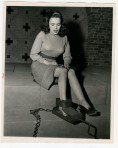
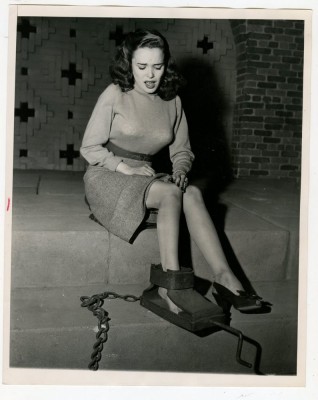

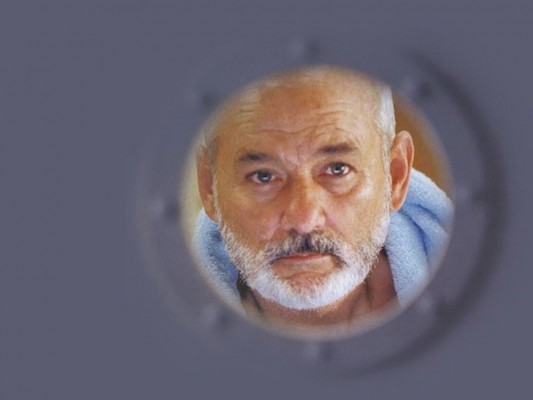




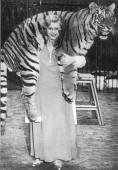
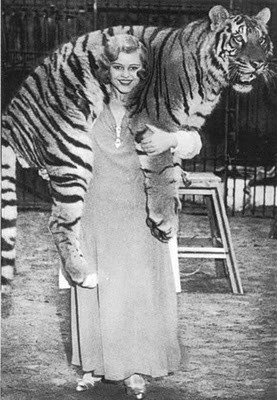
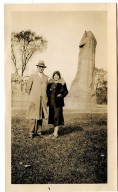
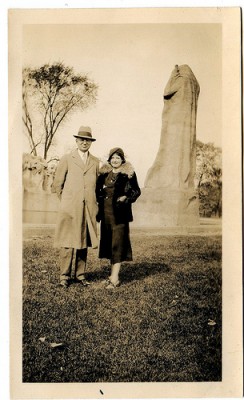
Recent Comments